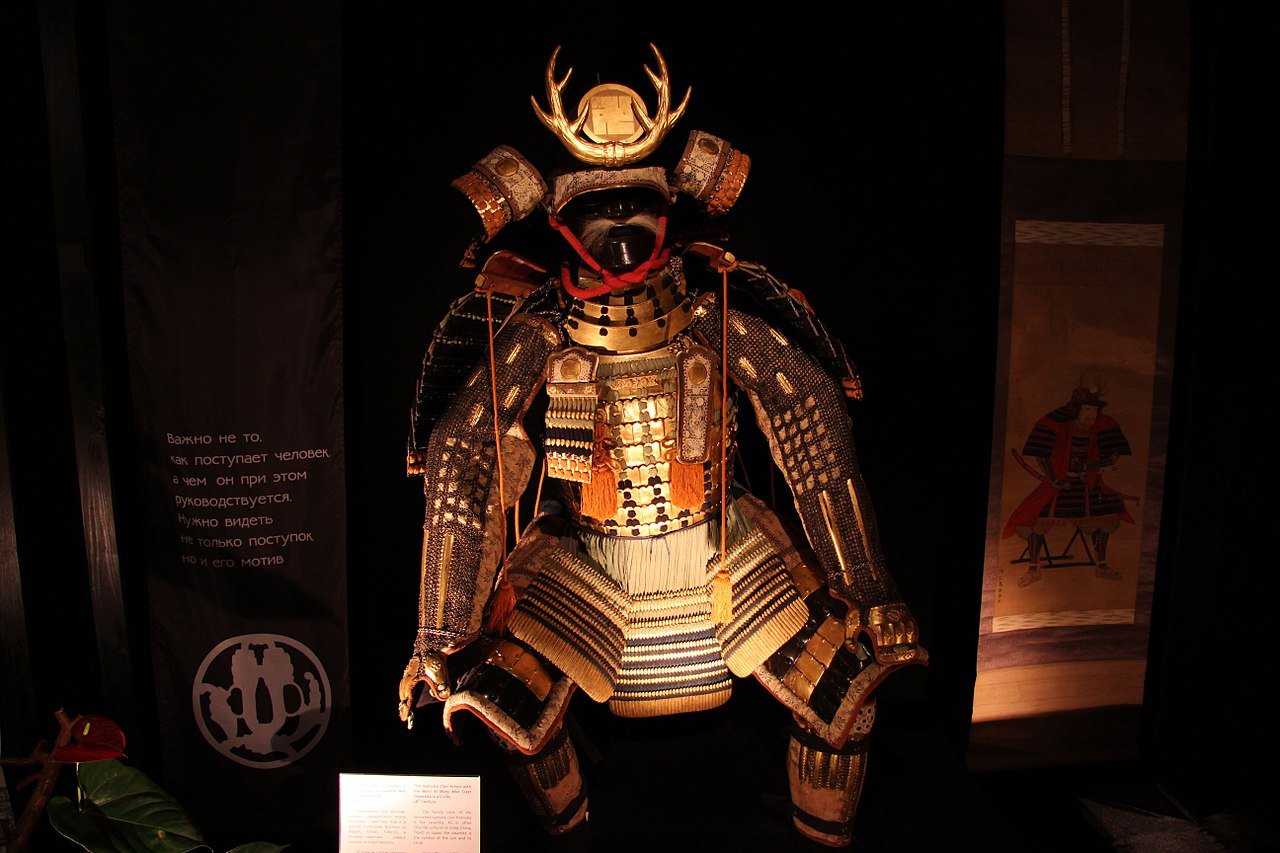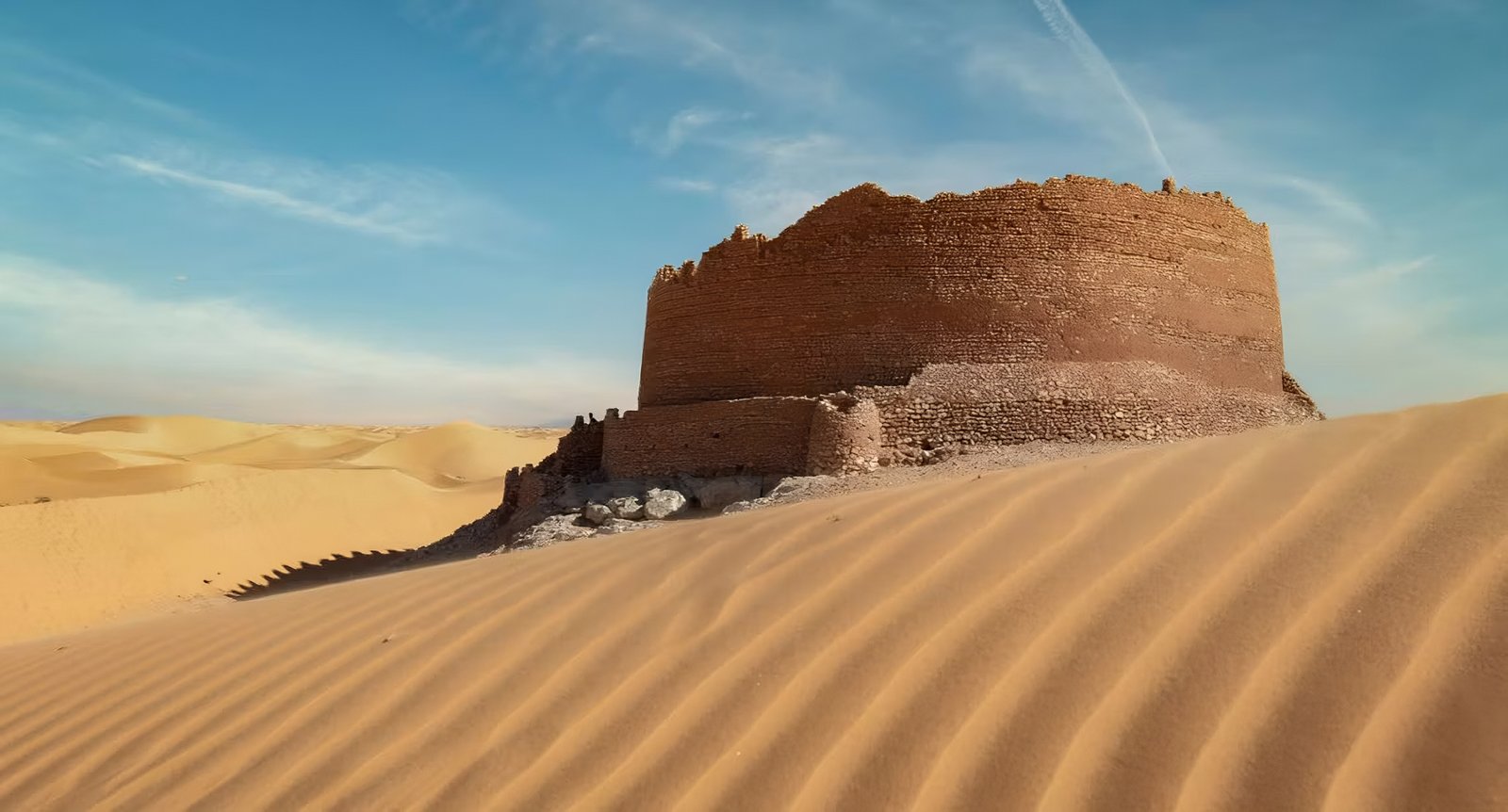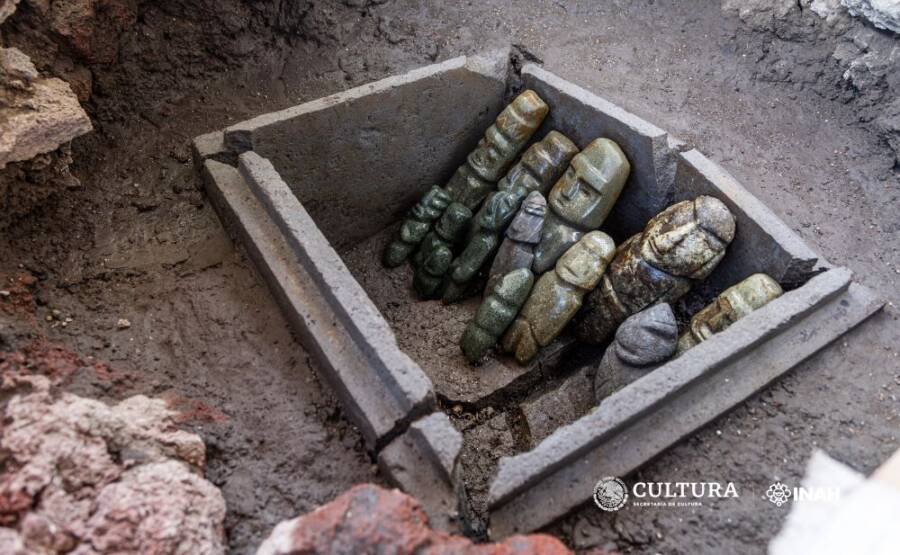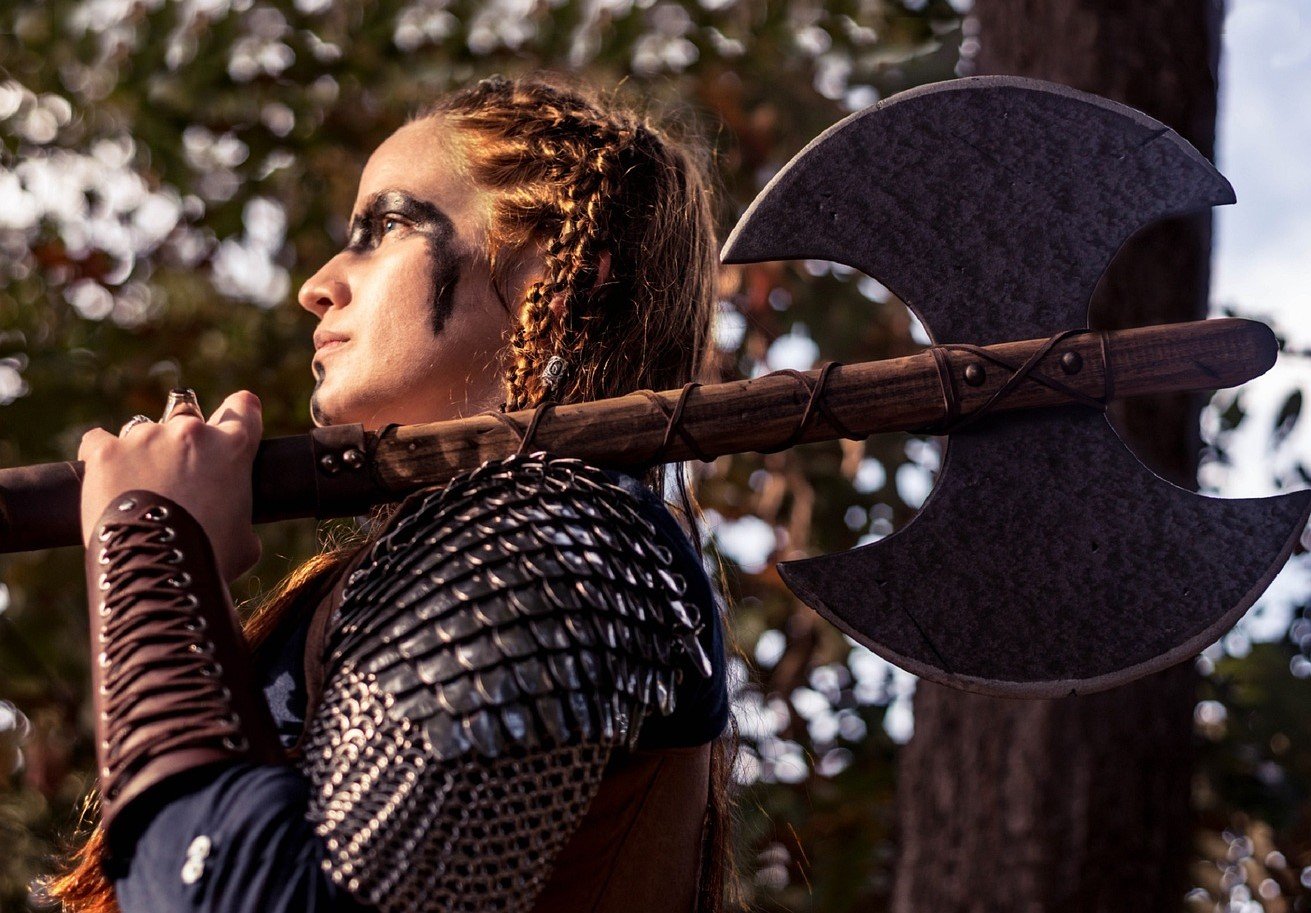Delve into the World of the Titans
Do you love hearing tales from Greek mythology? They are full of engaging stories and memorable characters! One such group you may know are the Titans. These strong beings once controlled the universe until the Olympians took over power. This detailed guide will walk you through Titan territory. We’ll discuss their roots, jobs, family relations, and how they’ve shaped Greek culture over time.
Introduction to Greek Mythology
Before we dive into Titan territory, let’s unpack the backdrop of Greek myths. Greek myths are a set of tales and ideas handed down over the years. This was how the old Greeks made sense of the earth, human actions, and their cosmic positioning. These tales, frequently filled with life lessons and godly interruptions, gave them a set of guidelines to tackle the puzzles of life.

What are Titans in Greek Mythology?
The Titans in Greek Mythology, often called the old gods, were mighty beings. Before the Olympians took charge, they ruled the universe. They were the offspring of the early gods Gaia (Earth) and Uranus (Sky), gifted with remarkable might, wisdom, and power over different parts of nature. Their leadership brought forth both creation and chaos, showing their dual character.
The Origins of the Titans in Greek Mythology
According to Hesiod’s Theogony, a foundational work of Greek mythology, Gaia, frustrated by Uranus’s oppressive rule, conspired with her son Cronus to overthrow him. Cronus, armed with a sickle provided by Gaia, castrated his father and cast him into the depths of Tartarus, the primordial abyss. Gaia then gave birth to the remaining Titans, six males and six females, who would later play significant roles in the unfolding cosmic drama.
Titans vs. Olympians: The Mythical Battle
The reign of Titans in Greek Mythology was not without its challenges. Cronus, fearing a prophecy that his own children would dethrone him, swallowed each of his offspring as they were born. Rhea, Cronus’s wife, determined to protect her youngest child, Zeus, hid him on the island of Crete. When Zeus reached adulthood, he returned to confront his father, forcing him to regurgitate his swallowed siblings.
Zeus, with his brothers and sisters, revolted against the Titans in Greek Mythology in a fight called the Titanomachy. This extreme struggle lasted a full decade and ended with defeated Titans. Zeus and the other Olympians were winners, showing they ruled everything. The Titans, however, weren’t in power anymore and were locked up in Tartarus, but they remained important in Greek myths.
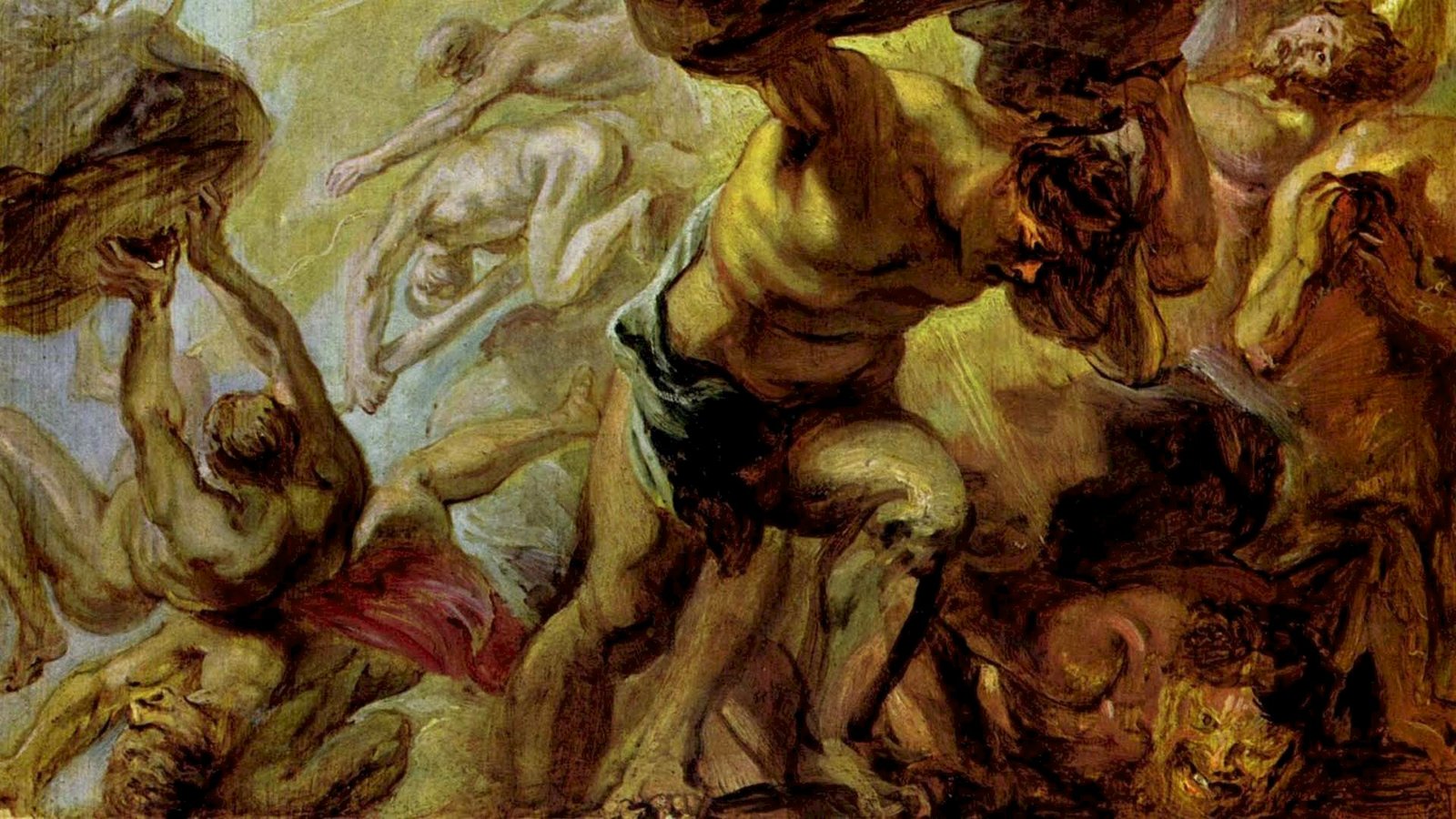
Understanding the Titans’ Family Tree
Gaia – The Mother of Titans in Greek Mythology
Gaia, the primordial goddess of Earth, was the revered mother of the Titans. She emerged from Chaos, the formless void at the beginning of creation, and was considered the nurturing force that gave birth to all life on Earth. Gaia was often depicted as a woman with a lush, verdant body, symbolizing her connection to the earth’s fertility.
Uranus – The Father of Titans in Greek Mythology
Uranus, the primordial god of the Sky, was the husband of Gaia and the father of the Titans. He was born from Chaos alongside Gaia and represented the vast expanse of the heavens above. Uranus was often depicted as a towering figure with a stern gaze, reflecting his authority and control over the sky.
Titans in Greek Mythology: A Dysfunctional Family
The Titans in Greek Mythology, despite their divine origins and immense power, were far from a harmonious family. Cronus’s fear of being overthrown by his children, as prophesied by Gaia, led him to swallow his offspring, creating a rift within the Titan family. Rhea’s deception in saving Zeus and raising him in secret further complicated the family dynamics.
Titans’ Siblings and Offspring
The Titans in Greek Mythology had numerous siblings and offspring, each playing significant roles in Greek mythology.
Hecate: The Titaness of witchcraft, magic, and crossroads.
Astraeus: The Titan of stars and constellations, and the father of the Winds and the Astraea (Lady of Justice).
Prometheus: The Titan of fire and foresight, who stole fire from the gods and bestowed it upon humanity.
Epimetheus: The Titan of afterthought, known for accepting Pandora’s jar, releasing evils into the world.
Atlas: The Titan of strength and endurance, condemned to hold up the sky as punishment for his role in the Titanomachy.
Metis: The Titaness of wisdom and cunning, swallowed by Cronus to prevent her from giving birth to Zeus’s powerful offspring.
These siblings and offspring, with their unique traits and contributions, added to the rich tapestry of Greek mythology.
Titans in Greek Mythology: Their Roles
Titans’ Domains and Characteristics
The Titans in Greek Mythology, each with their specific domains, held sway over various aspects of the cosmos.
Oceanus and Tethys: The Titans of the ocean, governing the vast expanse of seas.
Hyperion and Thea: The Titans of light, controlling the sun and the moon.
Coeus and Phoebe: The Titans of intelligence and prophecy, associated with celestial knowledge.
Crius and Eurybia: The Titans of the pillars of the sky and the sky’s domains.
Iapetus and Clymene: The Titans of mortality and mankind, connected to human life and fate.
Cronus and Rhea: The Titans of time and fertility, overseeing the cycles of time and the creation of life.
Themis and Zeus: The Titans of law and justice, upholding order and fairness in the cosmos.
Titans in Greek Mythology: Their Roles
Titans in Creation Myths
The Titans in Greek Mythology played a crucial role in various creation myths, shaping the world as it came into existence.
Gaia and Uranus: Gaia, the primordial Earth goddess, was believed to have given birth to the mountains, rivers, and valleys, shaping the land. Uranus, the sky god, was associated with the creation of clouds, rain, and thunder.
Oceanus and Tethys: These Titans, Oceanus and Tethys, are known for creating all the world’s waters. They surrounded the whole Earth.
Hyperion and Thea: Hyperion and Thea, light’s mighty Titans, had two children. Helios lit up our days; he’s the sun god. Selene lit up our nights; she takes care of the moon. These two bring light and warmth to our world.
Themis and Prometheus: Themis, the Titaness of law and justice, established the natural order and laws governing the universe. Her son, Prometheus, stole fire from the gods and gave it to humanity, enabling technological advancements and civilization.
Atlas: Atlas, the Titan of strength and endurance, was tasked with holding up the sky as punishment for his role in the Titanomachy, symbolizing the weight of responsibility and the burden of holding up the cosmos.
Clash of the Titans: Mythological Battles
The Titanomachy: The Epic War
The Titanomachy was a huge battle. The Titans fought the Olympians, with Zeus in command. The bitter struggle stretched on for a decade. In the end, the Titans lost. They were locked up in Tartarus, a big pit under the Earth.
Titans’ Imprisonment in Tartarus
The Titans, defeated and stripped of their power, were cast into Tartarus, a place of darkness and torment. Their imprisonment served as a stark reminder of the consequences of challenging the gods and the supremacy of the Olympian order.
Influence of Titans in Greek Culture
The Titans, despite their downfall, continued to exert a profound influence on Greek culture and religion. Their stories were recounted in myths, their images adorned temples and artwork, and their names were invoked in oaths and prayers. The Titans became ingrained in Greek consciousness, representing both the forces of creation and the potential for chaos.
Gods and Titans: Complex Relationships
Titans in Greek Mythology and Greek Gods
The Titans were closely linked to the Greek gods, often depicted as their parents, siblings, or predecessors. This complex relationship reflected the ongoing power struggles and the transition from one divine generation to another.
Titans’ Downfall: The Rise of Olympians
The mighty Olympians overthrowing the Titans was a big deal in Greek myths. It meant that new godly powers were in charge. Zeus and his Olympians ended up as the big bosses of the universe, while the Titans got shunted off to Tartarus. Even though they lost their power, their effect stuck around.
Titans in the Modern World
The Titans in Greek Mythology continue to hold a prominent place in modern culture, their stories and characters adapted into various forms of art, literature, and media. Their enduring appeal stems from their captivating narratives, symbolic representations, and the timeless themes of power, ambition, and the struggle for control.
Concluding Thoughts
The Titans in Greek Mythology, they were mighty gods who once commanded the universe. They’ve had a strong impact on Greek myths, sparking interest and inspiration across the globe. Their tales are filled with patterns of beginnings, disorder, and power battles, and these themes have echoed through time, breaking past cultural barriers. The grand and intricate Titans show us the timelessness of mythology and its insightful interpretation of human nature.
Frequently Asked Questions (FAQs)
What is the meaning of the Titans in Greek mythology?
In Greek tales, the Titans were super vital. They symbolized creation’s power, leadership changes among gods, and the ongoing clash between organization and disorder. Their stories acted as guides for right and wrong, investigated the craving of power in humans, and offered a model to grasp the universe.
How did the Titans in Greek Mythology come into existence?
According to Hesiod’s Theogony, the Titans emerged from the primordial union of Gaia (Earth) and Uranus (Sky). Gaia, frustrated by Uranus’ oppressive rule, conspired with her son Cronus to overthrow him. Cronus, armed with a sickle provided by Gaia, castrated his father and cast him into the depths of Tartarus, the primordial abyss. Gaia then gave birth to the remaining Titans, six males and six females, who would later play significant roles in the unfolding cosmic drama.


